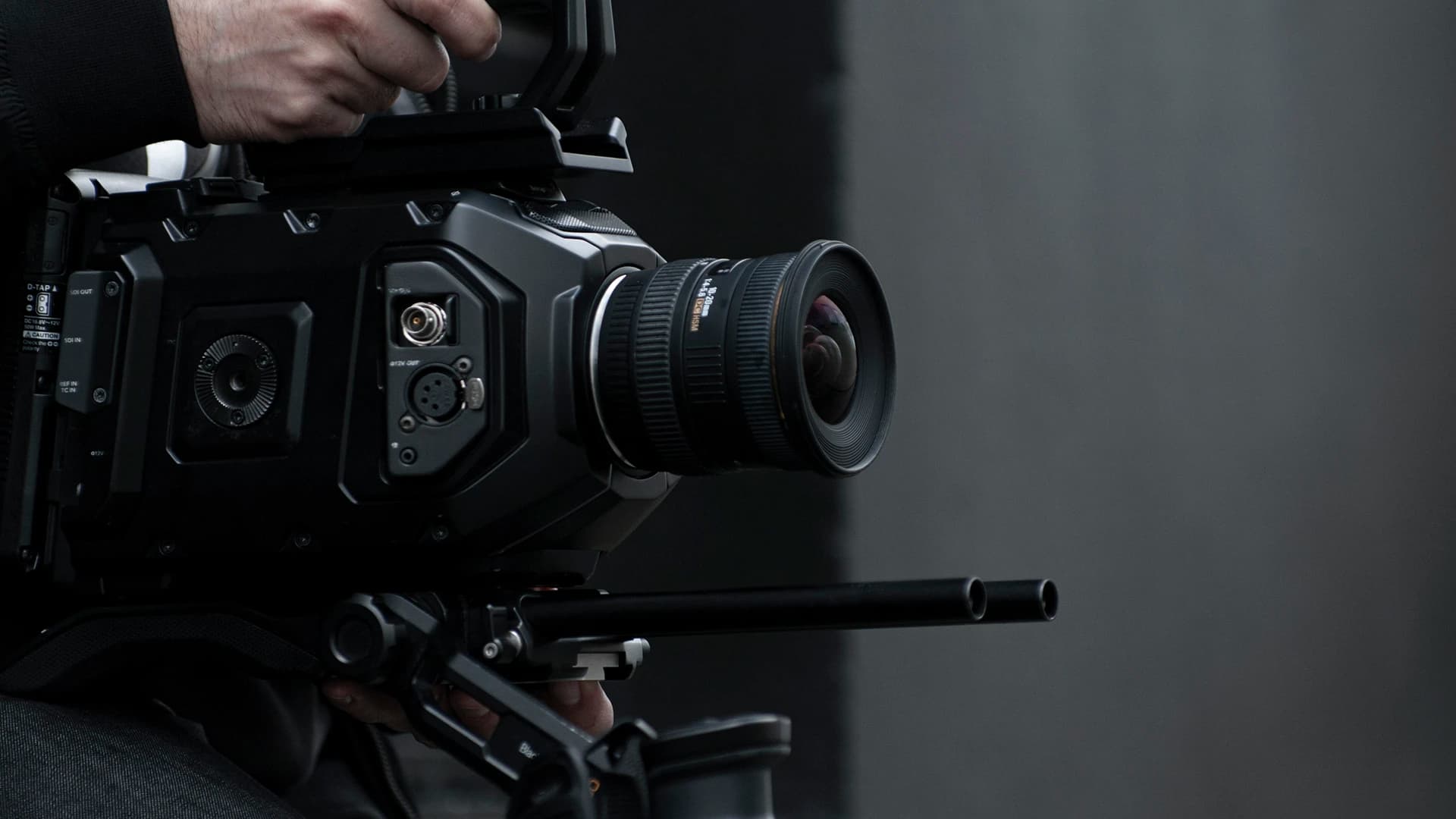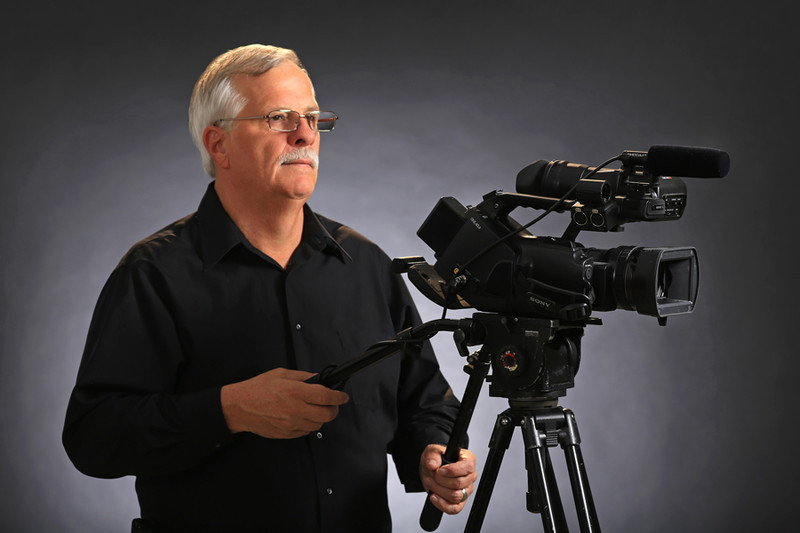Affordable Legal Videography for Paralegals.
Affordable Legal Videography for Paralegals.
Blog Article
The Role of Legal Videography in Depositions and Trials
Legal videography has arised as a necessary tool in both depositions and trials, providing a diverse strategy to recording witness testimonies. By catching not just the talked word but additionally the nuances of non-verbal interaction, this tool boosts the trustworthiness of testaments and maintains crucial evidence for future process. As lawful experts increasingly recognize its worth, it prompts a much deeper exam of exactly how these visual records can influence juror assumptions and trial outcomes. What ramifications might these advancements hold for the future of legal method?
Importance of Legal Videography
Legal videography plays a pivotal role in the paperwork and presentation of depositions and trials. This specialized field integrates technical abilities with lawful knowledge to create a reliable document of procedures that can dramatically affect instance outcomes. The appearance of lawful videography improves the understanding of witness testament, enabling jurors and judges to observe not only the talked words yet likewise the behavior, emotions, and body language of the witnesses.

The importance of legal videography extends beyond the court room; it also plays a crucial role in maintaining evidence for future recommendation, whether for allures or further lawsuit. Its integration into the lawful process is necessary for making sure a reasonable and exact depiction of the facts, ultimately adding to the search of justice.

Process of Legal Videography
While recording the subtleties of depositions and trials, the procedure of legal videography involves a number of critical actions that ensure high-quality, precise recordings. Initially, a professional lawful videographer prepares by examining the case products and recognizing the details requirements of the deposition or trial. This preparation consists of acquainting themselves with the individuals and the context, which assists in catching pertinent details.
On the day of the recording, the videographer establishes up the necessary tools, which commonly consists of high-definition cams, microphones, and appropriate lights. Guaranteeing optimal angles and sound top quality is vital, as it directly affects the efficiency of the recording. The videographer connects with attorneys and participants to establish procedures, making sure that everyone understands the recording process.
Throughout the deposition or trial, the videographer meticulously tapes the procedures, paying attention to both verbal and non-verbal signs. legal videography. This consists of capturing the temperament and reactions of witnesses and lawyers. After the session ends, the videographer might edit the video for clearness and conformity with legal requirements, creating a final item that properly mirrors the procedures for future recommendation and usage in lawful contexts
Advantages in Depositions
The unification of videography in depositions provides many advantages that boost the general process of collecting proof. One main benefit is the capability to record witness testimonies with aesthetic and auditory fidelity, offering a much more accurate depiction of the witness's behavior, tone, and body language. This multidimensional technique enables lawyers and courts to analyze integrity better than traditional written records alone.
Additionally, videographed depositions work as a powerful device for protecting statement. Needs to a witness come to be unavailable for test, their tape-recorded deposition can be played in court, making sure that their proof remains accessible and relevant. This element considerably reduces the threat of shedding vital details that can impact case outcomes.
In addition, using legal videography promotes better preparation for lawyers. Assessing video clip footage enables lawful groups to analyze and improve check here their methods, recognizing staminas and weaknesses in their situations. This primary advantage can bring about more engaging discussions in court.
Lastly, videography boosts the general expertise you can try here of the deposition process, instilling self-confidence in clients pertaining to the thoroughness of their lawful depiction. By leveraging technology, attorneys can dramatically boost the efficiency of depositions.
Influence On Trials
In numerous tests, the assimilation of videography can significantly affect the presentation of evidence and the jury's perception. Lawful videography records witness statements and crucial proof in a vibrant style, allowing jurors to engage with the material on several levels. This aesthetic part improves the narration element of a trial, supplying context and psychological resonance that standard text-based proof may lack.
Additionally, video clip recordings can act as effective devices for impeachment throughout cross-examination. When disparities occur between a witness's prior declarations and their court testimony, video clip proof provides an unbiased referral that can sway jurors' point of views. This immediacy and clearness can reinforce the reputation of an event's story while at the same time threatening opposing debates.
In addition, making use of videography can help enhance complex information, making it much more accessible to jurors who may battle to comprehend detailed information offered only via spoken statement. By incorporating visuals with auditory info, lawful videography can boost retention and understanding, inevitably influencing the jury's decision-making procedure. Consequently, the influence of videography in trials extends beyond plain aesthetic appeals; it plays an important function fit the lawful landscape and end results.
Future Trends in Legal Videography
As we look toward the future of legal videography, numerous emerging patterns assure to improve its function within the courtroom. One significant trend is the assimilation of expert system (AI) in video analysis and modifying - legal videography. AI can streamline the process of identifying key moments in taped depositions, enabling lawyers to quickly access relevant content, thus boosting effectiveness in look these up situation prep work
In addition, the increase of digital reality (VIRTUAL REALITY) and increased truth (AR) modern technologies is anticipated to change exactly how jurors experience evidence. By immersing jurors in a simulated environment, these modern technologies can give an extra extensive understanding of complex scenarios, causing more enlightened considerations.

Moreover, the boosting demand for remote depositions, accelerated by the COVID-19 pandemic, will likely continue. Lawful videographers will certainly need to adjust to new software program and systems to make certain high-grade recordings in online setups.
Last but not least, the expanding emphasis on data safety will certainly necessitate stricter methods for storing and sharing video evidence. As the lawful landscape advances, legal videographers have to stay abreast of these trends to maintain their importance and effectiveness in the judicial process.

Verdict
In summary, legal videography serves a critical function in the judicial procedure, improving the honesty of depositions and tests. As technology proceeds to develop, lawful videography is positioned to more change its role within the lawful landscape.
Report this page